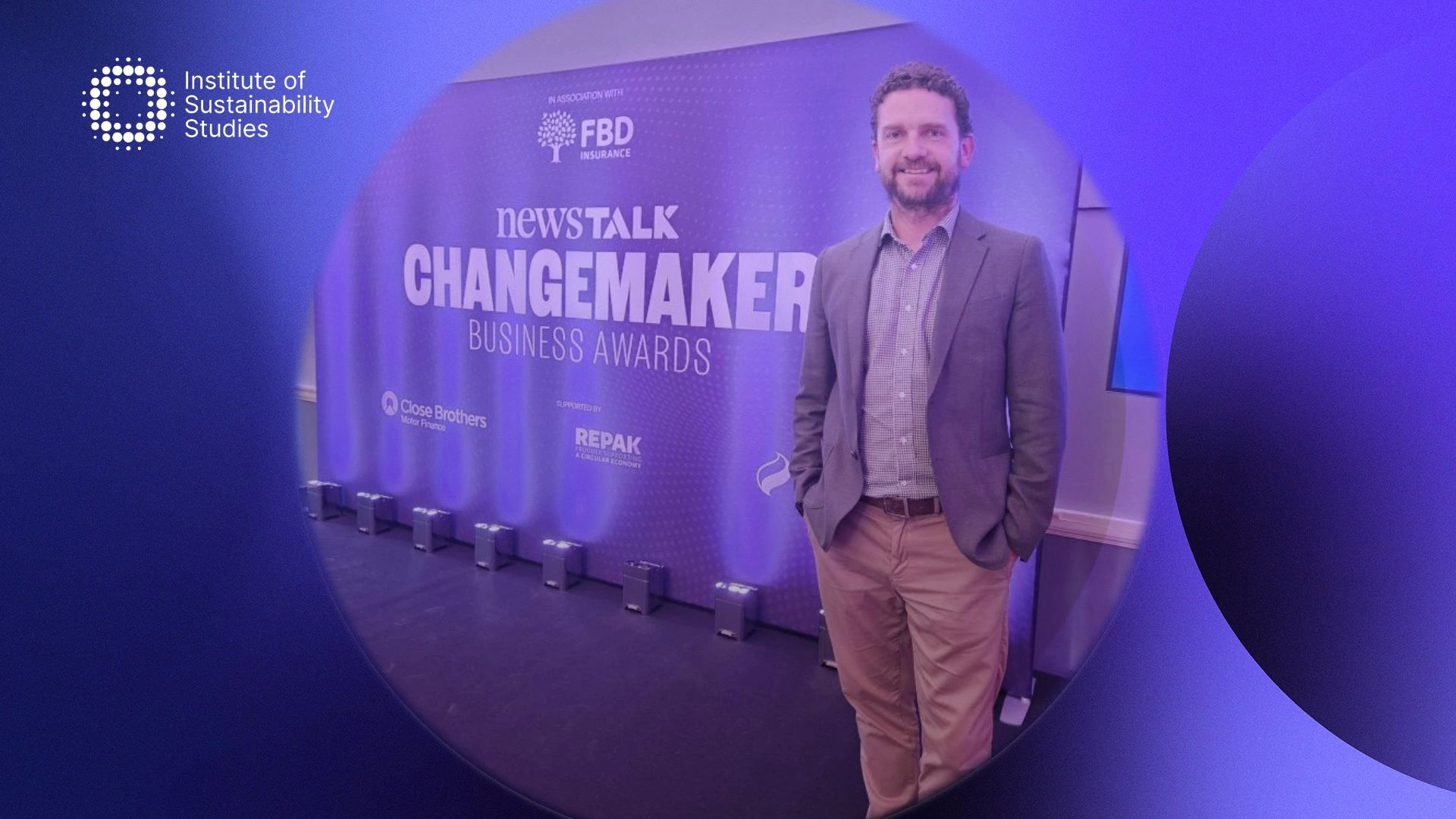Sustainability has become a major topic over the last number of years. It’s understandable why this is the case when you look at the statistics and the urgent need for change to save our planet. One area of sustainability that is less focused on is social sustainability.
However, it is just as important as environmental and financial sustainability. Since it is less spoken about, there is also a lot of confusion about what exactly it means. Put simply, social sustainability is all about people and society, but we’ll go deeper into it below.
About social sustainability
Social sustainability is an interesting area of sustainability because it focuses on the people. It is about managing and identifying business impacts, both negative and positive, on people. Social sustainability relates to employees, customers, workers in the value chain, and local communities.
It is often an overlooked area, with people focusing more on the economic and environmental aspects of sustainability. From a business angle, social sustainability is about knowing the impacts corporations have on society and people.
The Triple Bottom Line (TBL) model is generally the one used by businesses to measure social sustainability performance. This approach looks at financial, social, and environmental performance.
Some examples of social sustainability performance issues in businesses and companies could include the following:
-Fair labour practices
-Health
-Safety
-Wellness
-Living conditions
-Diversity
-Work-life balance
-Community engagement
-Philanthropy
-Equity
The UN regards social sustainability as a vital part of any business since it impacts the quality of a business’ relationships with stakeholders. It is a proactive means of identifying and managing business impacts on workers in the value chain, customers, employees, and communities.
Why is social sustainability important?
Social sustainability is essential for society and individuals. It is also essential for businesses. Organizations have the ability to shape change while also benefiting from the changes. Implementing social sustainability practices will make partners, suppliers, and employees feel more respected and safe.
This only results in increased productivity and loyalty. It is also important to note that businesses struggle to thrive when society struggles. Therefore, businesses need to work to achieve social sustainability in order to secure long-term economic growth and have a positive impact on society.
How can businesses achieve social sustainability?
Achieving social sustainability starts with implementing health and safety practices and ensuring equality for all workers. In addition, driving fair labour practices like good working conditions, equal pay, and harnessing a workplace free from coercion or harassment.
Stepping outside of looking after the people in your supply chain and your employees, it is also important to be ‘good neighbors’ to your community. There are lots of exciting community projects you can get involved in here to ensure a more vibrant society and show your stance.
Summary
Social sustainability may be overlooked, but that does not mean it is not still an important part of sustainability. To become a forward-thinking, environmentally-friendly organization, you need to think about the people, too, in and outside of your supply chain. Moreover, recognise the impact your business has on society and do your part to be a good neighbor and empower your community. Build the knowledge to lead on social impact and inclusive practices — enrol in our university-accredited sustainability course today.










